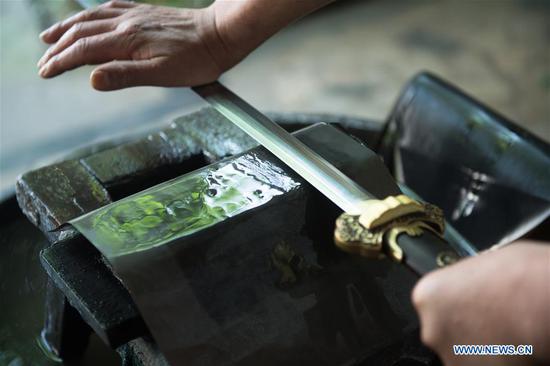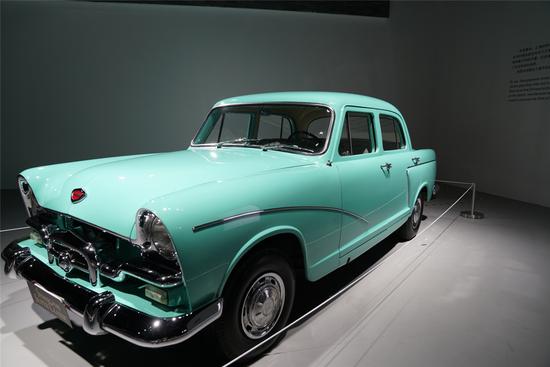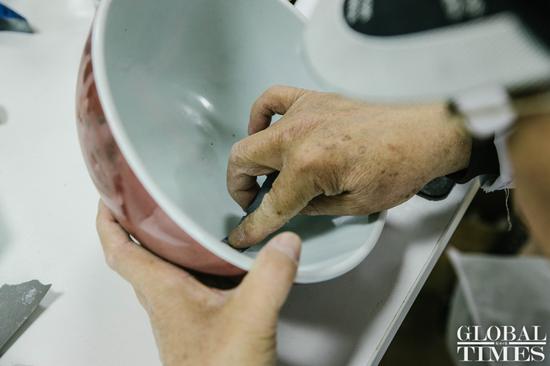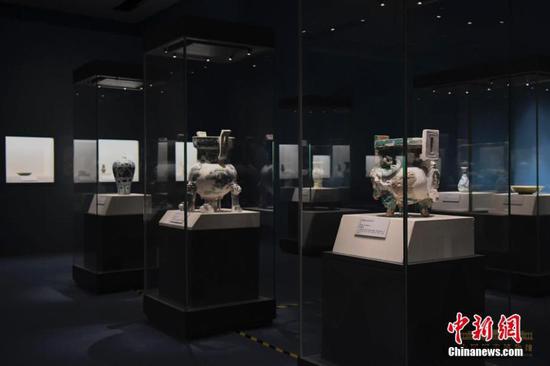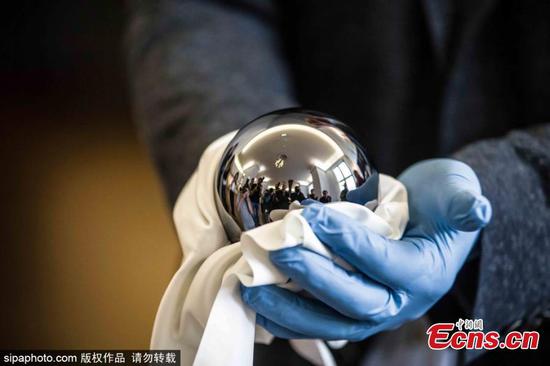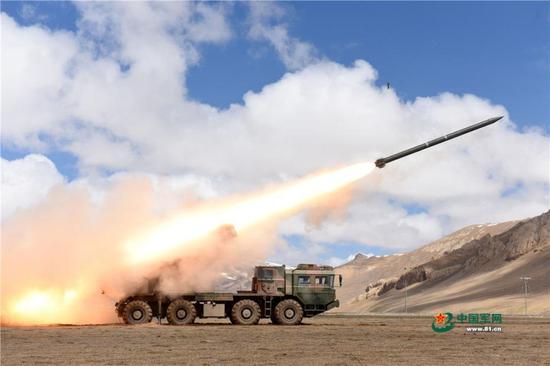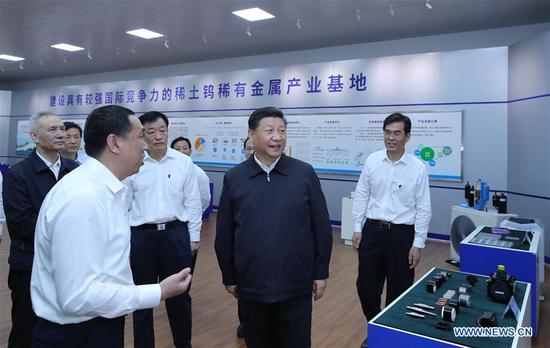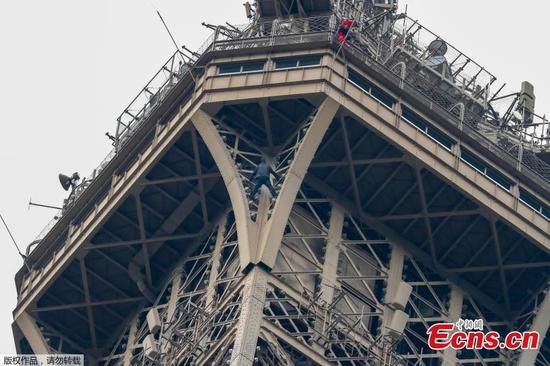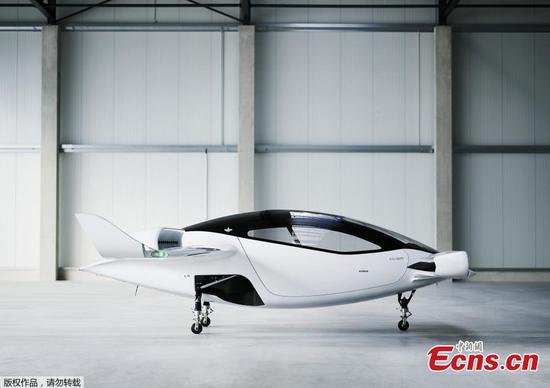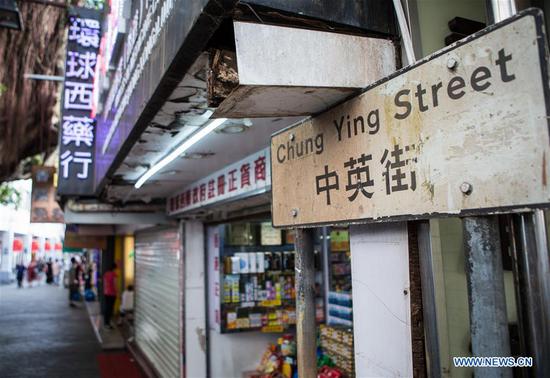Google restricts access to Chinese smartphone maker as 5G emerges as tech battleground
As the trade and tariff standoff simmers between the U.S. and China, a divide is growing over the geopolitics of technology, and in particular, over one company: Huawei Technologies Co Ltd.
On Monday, Alphabet's Google began limiting software services to Huawei after the White House last week ordered restrictions on the Chinese company's access to American technology.
The move sent ripples through international markets, and on Monday it also drove down stock prices of U.S. semiconductor companies that sell chips to Huawei.
The U.S. Commerce Department said on Wednesday that it would put Huawei on the "Entity List", which prohibits U.S. firms from selling it technology without government approval. The department has accused Huawei of acting "contrary to U.S. national security or foreign policy interest".
U.S. Commerce Secretary Wilbur Ross said that the sanctions on Huawei are not related to the trade dispute and could eventually be rescinded.
Chipmakers including Intel Corp, Qualcomm Inc, Xilinx Inc and Broadcom Inc have announced that they will not supply critical software and components to Huawei for now.
Huawei's smartphones use Google's Android mobile operating system — as do pretty much all smartphones with the exception of Apple's iPhones.
Holders of current Huawei smartphones with Google apps, however, will continue to be able to use and download app updates provided by Google, a Google spokesperson said, according to Reuters.
But Huawei will only be able to use the public version of Android and "will not be able to get access to proprietary apps and services from Google", Reuters reported, citing an unidentified source.
Shenzhen-based Huawei said on Monday that it will continue to provide security updates and after-sales services to all its existing Huawei and Honor brand smartphone and tablet products, covering those that have been sold and that are in stock globally.
"As one of Android's key global partners, we have worked closely with their open-source platform to develop an ecosystem that has benefited both users and the industry," Huawei said on Monday.
The world's largest telecom-equipment manufacturer, Huawei is the No. 2 smartphone-seller, behind Samsung and ahead of Apple.
In the Chinese market, the impact of Google's move is limited, as most of Google's services have alternatives offered by Chinese competitors like Tencent and Baidu.
Huawei's European market, however, could be affected, as Huawei licenses services from Google in Europe.
"In effect, the move puts pressure on Huawei's international expansion dreams," The New York Times reported.
The move also put pressure on U.S. chipmakers on Monday, as the iShares Philadelphia Stock Exchange Semiconductor exchange-traded fund fell 4 percent.
Shares of Micron Technology Inc, which gets 13 percent of its business from Huawei, were down 4 percent. Broadcom, which depends on Huawei for 5.3 percent of its revenue, fell 6 percent. Qualcomm, reliant on Huawei for 2.6 percent of sales, also dropped 6 percent.
Morgan Stanley analysts wrote Monday that U.S. semiconductor investors should reduce their holdings.
While the U.S. often couches its concern about Huawei in cybersecurity terms, some see the crackdown as a geopolitical chess move.
"If China and the United States have begun a technological Cold War, then the Huawei order can best be seen as the beginnings of a digital Iron Curtain," the Times reported.
"In China, many people see the American moves as a naked ploy to stop a rising Chinese competitor. The United States can't beat Huawei's innovation and moxie, goes this thinking, so it will use the power of government to keep a Chinese rival down," the Times story said.
It's not that Huawei was caught unawares — it has developed its own chips for such a development.
Ren Zhengfei, founder and chief executive officer of Huawei, said in an interview with a Japanese journalist on Saturday that his company will not have problems even if U.S. companies stop providing it with components.
He Tingbo, president of Chinese chipmaker HiSilicon, wrote to her staff on Friday that the company has been developing back-up chips for years in case an "extreme scenario" unfolded, and those semiconductors would help Huawei get by, the Los Angeles Times reported.
Ren also said that Huawei will never manufacture equipment for 5G telecom networks in the U.S., even if his company is invited to do so.
"It is too risky to do business in the United States, which has repeatedly issued policies to threaten its trading partners," he said.
According to IPlytics, a German patent database company, in March, China held 34.02 percent of all the necessary patents for 5G telecommunications, while the U.S. had 14 percent.











